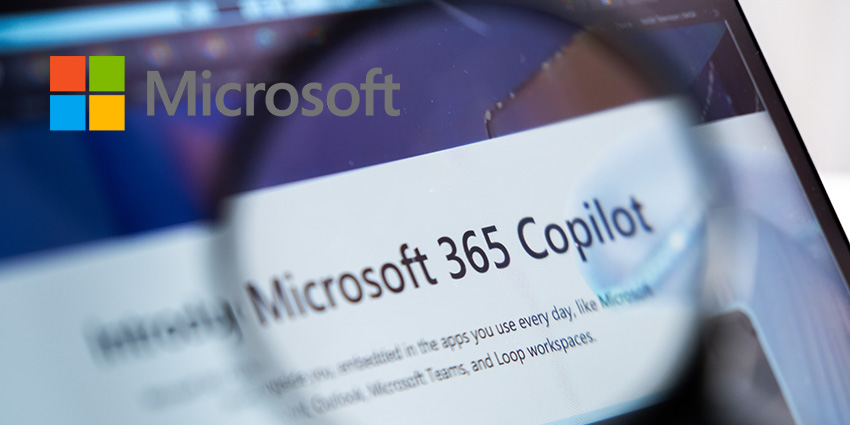Microsoft’s apology and refund offer to Australian subscribers has floundered, just a week after the Australian Competition and Consumer Commission (ACCC) launched legal proceedings alleging the tech giant misled 2.7 million consumers over subscription pricing and plan options for its Microsoft 365 software.
Microsoft began emailing its subscribers in Australia today about a cheaper Classic version of its Microsoft 365 Personal and Family plans that do not include its AI assistant, Copilot. The company added Copilot to Microsoft 365 in October 2024 and automatically raised prices without telling subscribers that they could keep their existing plans at the original price.
In a statement, Microsoft admitted it “could have been clearer” about this alternative, as it only revealed the Classic plans to customers who began cancelling their subscriptions.
“In our email to subscribers, we expressed our regret for not being clearer about our subscription options, shared details about lower-priced alternatives that come without AI and offered a refund to eligible subscribers who wish to switch.”
The emails were tailored depending on whether customers subscribe to a Personal or Family plan, and whether they pay on a monthly or annual basis.
Microsoft offered eligible subscribers a refund of the difference in price between the plans, starting from their first renewal date after 30 November 2024, if they chose to switch back to the Classic plan.
But soon after, customers began reporting glitches, according to The Sydney Morning Herald. Some said that the refund link didn’t work properly, and others found they could only downgrade to a Personal Classic plan, rather than the Family Classic version they had previously.
“One would have hoped that Microsoft would have checked this before sending out the mass email, but here we are,” one customer told The Sydney Morning Herald. Another called the situation “an epic fail by Microsoft.”
A company spokesperson later admitted that “some subscribers eligible for the refund received an incorrect link,” apologizing and saying Microsoft was fixing the issue.
ACCC Legal Action Highlights the Risks of Poor Customer Communication
The refund confusion comes as the Australian Competition and Consumer Commission (ACCC) pursues Microsoft in the Federal Court. The regulator has alleged the company misled customers when it told them they had to accept a price increase to keep their Microsoft 365 subscriptions or cancel entirely, without mentioning the cheaper Classic option.
The consumer watchdog argues this prevented subscribers from making informed choices.
“The Microsoft Office apps included in 365 subscriptions are essential in many people’s lives and given there are limited substitutes to the bundled package, canceling the subscription is a decision many would not make lightly,” ACCC Chair Gina Cass-Gottlieb said.
“We’re concerned that Microsoft’s communications denied its customers the opportunity to make informed decisions about their subscription options, which included the possibility of retaining all the features of their existing plan without Copilot and at the lower price.”
“We believe many Microsoft 365 customers would have opted for the Classic plan had they been aware of all the available options,” Cass-Gottlieb added.
Following the Copilot integration in October, the annual subscription price of the Microsoft 365 Personal plan increased from A$109 to A$159, a rise of 45 percent. The cost of the Family plan increased by 29 percent from A$139 to A$179.
Ahead of the change, Microsoft sent two emails to subscribers and published a blog post about the price increase for the Copilot integration that would apply to customers’ next renewal.
“We allege that Microsoft’s two emails to existing subscribers and the blog post were false or misleading as they conveyed that consumers had to accept the more expensive Copilot-integrated plans, and that the only other option was to cancel,” Cass-Gottlieb said, adding:
“All businesses need to provide accurate information about their services and prices. Failure to do so risks breaching the Australian Consumer Law.”
The ACCC has sued Microsoft to seek orders including “penalties, injunctions, declarations, consumer redress, and costs.”
Rebuilding Trust After a CX Crisis: Microsoft’s Next Challenge
In its email to subscribers, Microsoft said: “Our relationship with our customers is based on trust and transparency and we apologize for falling short of our standards.”
It also highlighted its 40-year presence in Australia and added that it “will learn from this and improve.” For a brand as established as Microsoft, the issue is less about price and more about reputation. Customers expect clear, transparent communication, especially when price increases and AI integrations are involved.
The mishap exposes how easily a company can lose goodwill when communication feels misleading or incomplete. Even well-intentioned recovery efforts, like Microsoft’s refund offer, can backfire if they’re poorly executed.
As more tech companies incorporate AI assistants and other features into their subscription products, there is likely to be a growing tension between innovation, pricing and transparency. Customers want access to new tools, but not at the expense of choice or clarity.
The company’s apology and refund campaign were meant to rebuild trust. But Microsoft now faces the challenge of resolving its legal dispute with the ACCC and proving to consumers that it values transparency as much as it values adding bells and whistles to its products.







